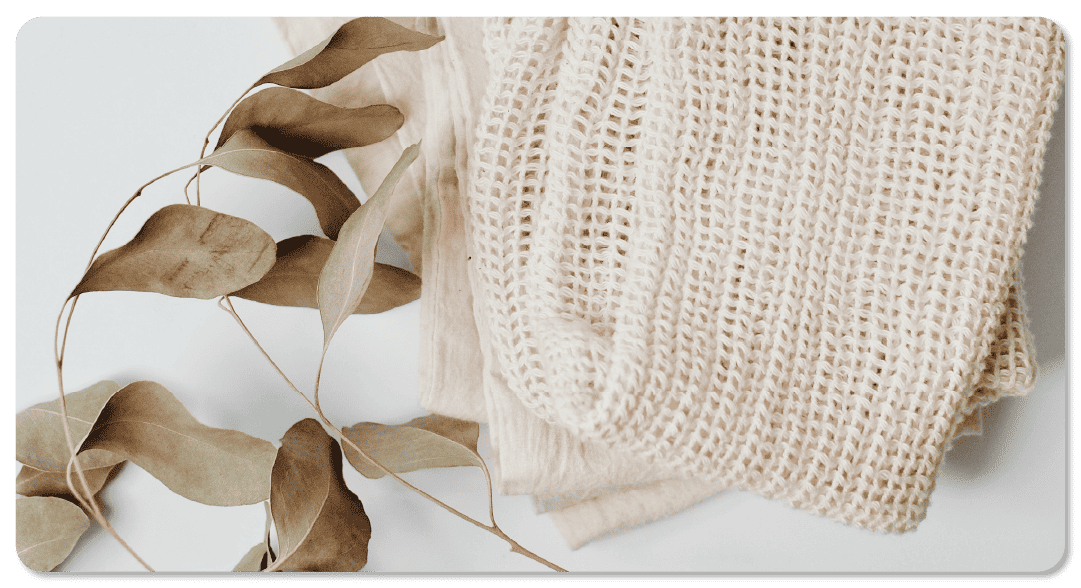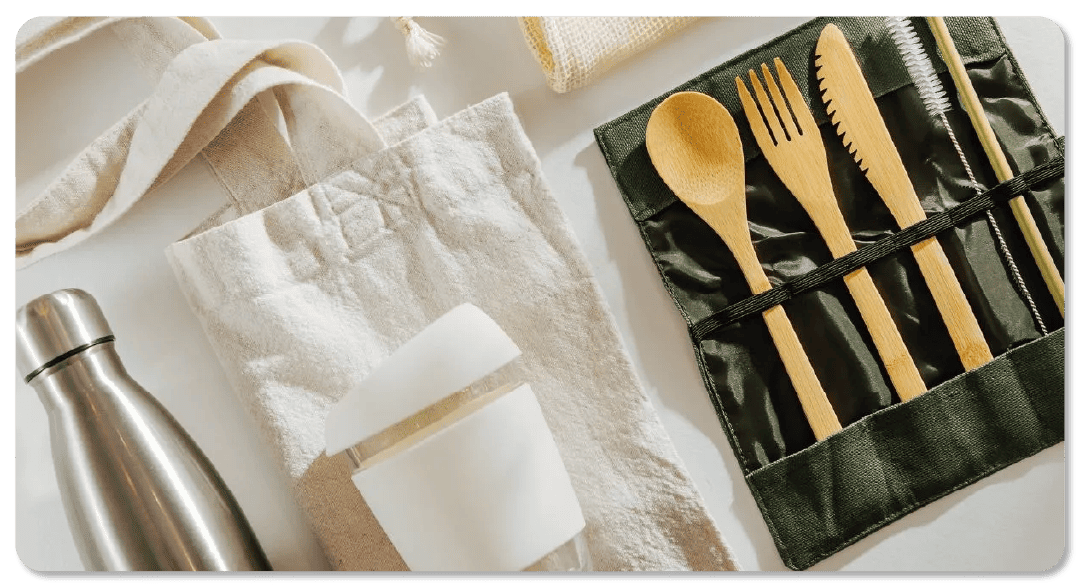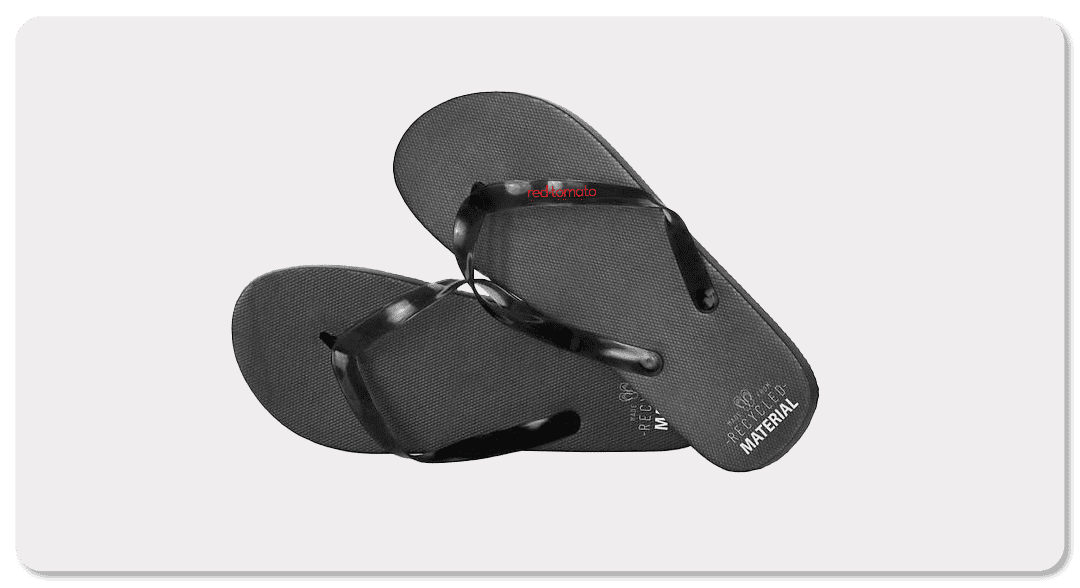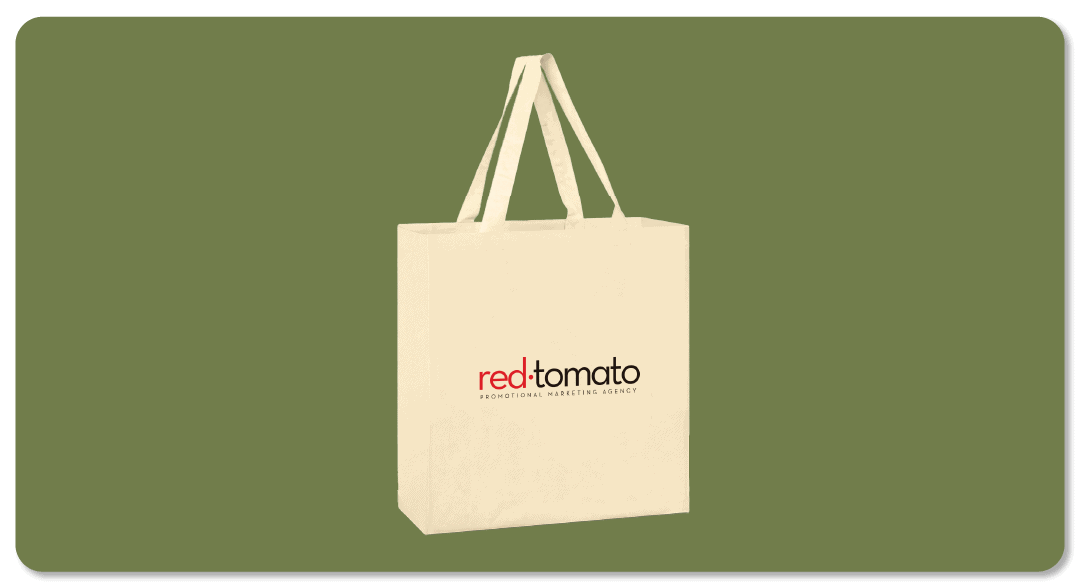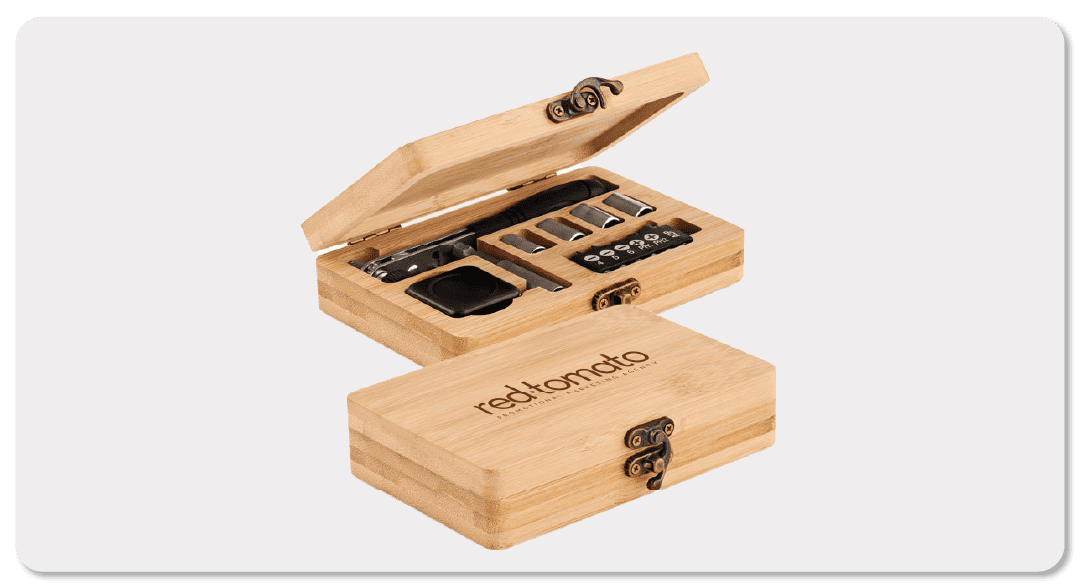As our world reels from the effects of climate change, more and more companies are switching to a greener way to promote their products and brand. Changes have been happening yearly and the effects are demanding more viable and urgent environmental solutions from different sectors, including marketing.
According to last year’s OECD study, people recycle only 9% of plastic waste. Meanwhile, the World Wildlife Fund points out that cotton is one of the most environmentally damaging crops in the world. The damage stems from aggressive use of strong pesticides, overconsumption of water, and the conversion of forest habitats into agricultural land. But why are we talking about these materials?
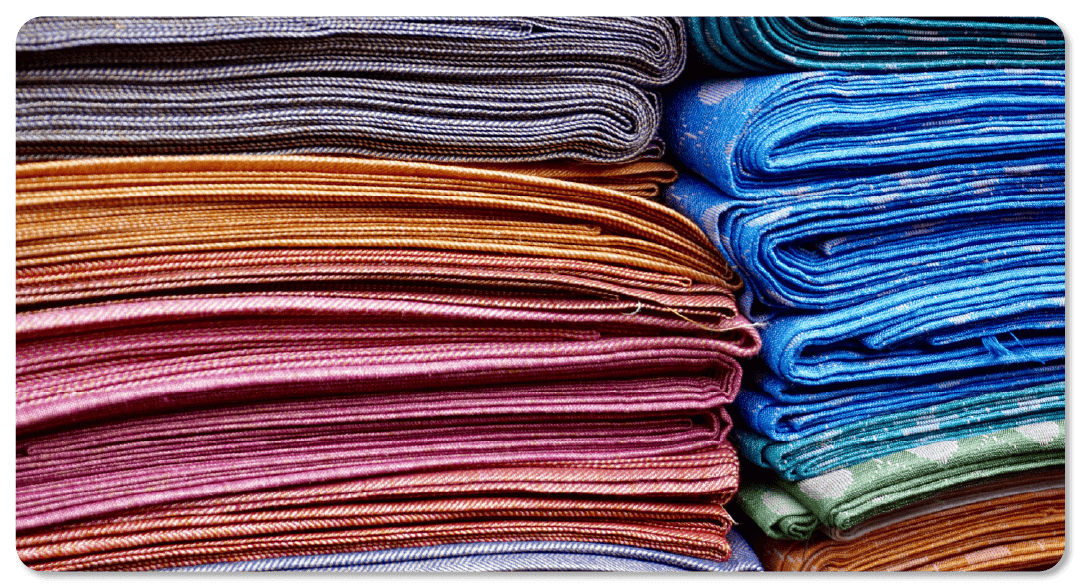
Businesses popularly use promotional marketing products to promote their brand and reach their target market. It has always been an effective way to make your brand known by creating a positive memory between you and your customers. But manufacturers use plastics and cotton to make these products, such as keychains, pens, shirts, caps, and many more. So should you stop promotional marketing altogether?
The good news is, much like the choice that every consumer is facing now, companies and brands can also opt for eco-friendly promotional products for their campaigns.
How does choosing eco-friendly products help the environment?
Sustainability involves a holistic approach. A product is truly sustainable when it is environmentally friendly at every stage, from production to disposal. By choosing the right materials and the right processes, we can ensure that we’re leaving minimal impact on the environment.
- Sourcing materials from sustainable agricultural practices – this can help preserve and restore critical habitats and improve soil and water quality.
- Supporting local communities – shipping times are minimised and you empower communities to protect and preserve their surroundings.
- Using recycled materials and biodegradable ones – recycled materials reduce the waste that ends up in landfills and biodegradable materials can degrade naturally.
What is sustainable swag?
When it comes to making your brand known, opting for sustainable corporate gifts communicate your awareness of the current state of the environment and your dedication to its conservation and restoration.
As more people are moving towards a more eco-conscious lifestyle, prospective clients can connect to your brand better as you share the same values when it comes to the environment.
What types of products should you look for, then?
You can make sustainable corporate gifts from recycled materials, fast-growing plants, or materials produced through sustainable farming practices. These are the things you should look out for as they prove to be sustainable from production to disposal.
1. RPET
RPET, or recycled polyethylene terephthalate, is a product made from recycled plastic material. Studies show that recycling PET is more environmentally friendly than incineration because it eliminates the emissions and production costs of creating new PET.
Some uses of RPET are apparel fibre for clothing, material fibre for carpets, and sometimes, even building materials.
2. Recycled Fabric
What happens to your clothes when you throw them away? 65% of the more than 100 billion clothing items end up in the landfill within 12 months. Depending on the material, some of these garments don’t even break down as fast as we want them to. To make fashion sustainable, there have been initiatives and studies that extract reusable fabric from discarded clothing and turn them into new apparel.
While the industry of recycled fabric has a long way to go, we have also made significant progress. A company in Sweden called Renewcell just discovered a way to turn fabric into a raw material to make new clothes.
3. Sustainable cotton
Not because something is naturally occurring does it mean that it’s sustainable. Cotton is one of the most widely used fabrics in the world. The industrial farming of cotton accounts for the most amount of pesticides used. Cotton also uses a lot of water and occupies large tracts of land that affects wildlife. To make it a sustainable choice, organisations like The Better Cotton Initiative trains farmers to create eco-friendlier agricultural processes.
You can also look for the GOTS or the Global Organic Textile Standard label on your material. Other fabrics you can choose from for your sustainable swag ideas are linen, lyocell, and hemp.
4. Fast growing plants
When it comes to durable and natural materials, bamboo and cork are top choices. Bamboo grows fast and produces lightweight but durable material. They’re so versatile that a lot of Asian countries use bamboo for different purposes like utensils, apparel, tools, and even as building material.
Another good plant material is cork. Cork is made from the bark of specific trees like oak and is sturdy yet malleable. The trees are also not felled during the process which allows the plants to continue to live and absorb carbon dioxide. It is also considered as one of the few materials that is carbon negative.
We’ll help you start your shift to sustainability
We can always find a way to give back to Mother Earth, even through our marketing campaigns and corporate gift ideas. We hope that these tips can help you shift quicker to more sustainable processes not only in growing your brand but on how your brand can continue to contribute to restoring and caring for nature.
Find out how you can further help the environment and explore more eco-friendly products in our store!


